The Bugiganga Tropical 7 inch record collection
Let us begin by stating that the language in which we write is alien to us. But like any other means of communication language is also an arena of struggle. We use language as a weapon.
The culture of colonized people is managed in the metropolis of the Western world. It has been incorporated in the system of cultural classification of the West. Ethno, Afro, Latin, World… they are all names that give Westerners means of recognition and difference: while it is Afro, it is not from us. It seems to bear the stamp of cultural exchange, but it doesn’t; and we have a problem with that. Why is it so? – For the sake of the argument we consider the culture of the colonized as culture produced outside the West, or in the West but by non-Westerners, and opposite to the culture of the colonialist. It goes without saying that the West is mainly Europe and North America, excluding Mexico and all the regions inhabited by native people in those territories.
Excerpt from: Tropical Diaspora® Records Manifesto – our position facing cultural appropriation
We are pleased to announce the launch of another edition of our record collection Bugiganga Tropical. This record collection with special cover designs is based on Tropical Diaspora® Records principles creating a narrative about the encounter of two groups of people the first one that crossed the Atlantic from Africa to the Americas and the second one the Native people. This rendezvous gave rise to different cultural expressions that reflect both the horror and hope of that experience.
In creating such a narrative we are however aware that the tools we use to communicate our idea and mission are shaped by the historical narrative of the imperialist powers; the hegemonic role that, for example, language play: French, English and Portuguese in Africa; Spanish, Portuguese and English in the Americas.
We are even to blame for using English as lingua franca for our purposes. But, is it silence a better option? We won’t be silent. We want to speak; we believe that we have the right to speak and will use whatever means we have at our disposal in order to open up a communicative interface that is respectful of the history and legacy of the communities whose experiences, struggles and worldviews steadily groove like in a vinyl record our own work at Tropical Diaspora®.
Part of this narrative is the graphic design used in our records, expressing a profound conviction of our commitment with our musical research facing the question of how to address the cultural life of communities, that only became part of the historical record from the moment Europeans became aware of their existence, which further means that their history is shaped by the way of looking at, by the narratives of the Europeans traders and colonialists from the time where Native Americans and Africans were Slaughtered in the Name of ‘Civilization’.
We oft refer to the Americas in order to emphasize the unity of the continent from the north to the south, or we speak about the African diaspora. However, are these terms accurate? Since the word “America” is a derivation from the name of the Italian explorer Amerigo Vespucci as generalized by the German-Flemish cartographer Mercator, it is clearly inadequate to designate the rich complexity of the original communities living in those continents. Part of this narrative is the graphic design we use in our records specially in our very first.
At the time Tropical Diaspora® was established as a company, the first four numbers in our catalog was already reserved for that what should be the foot print our commitments as music company and immigrants in Europe. Our first four releases on vinyl is a collection using an organic motive, plants related to the pueblos originarios i.e Native people and the kidnapped enslaved Africans. The colonial civilizations in the so called American continents were built on their shoulders between many genocides caused by the colonial invaders that have killed millions in the past and continue to kill nowadays as constitutional states. In the case of the Native people reducing the populations to nearly extinction.
The plants in the cover-art should help the beholder to remember the ancestors of the Native and African people that are the foundation of the culture and identity of the Americas or the Abya Yala, the name used by the Native American nation Guna people which in the Guna language means “land in its full maturity” or “land of vital blood”.
For us the connection to the cultural and in our case musical legacy is direct related to the transatlantic slave trade movements from mainland Africa. For example our first records Bugiganga Tropical Vol.1 with the coffee plant remember us the kind of work Africans did in many regions in South-America, the same regions from where the music and rhythms we have in our records came from. The same music was created trough the interaction between Africans and or Europeans and or Natives.
The graphic design our concept is a work by the designer Matthias Beck from Estudio Rosebud based in Santa Cruz de Tenerife. The Bugiganga Tropical Vol.2 with the Cacao cover was hand made using an Original Heildelberg print machine from the 50ties. Responsible for this work is Harald Weller in Berlin.
We hope you will enjoy this records as we do!
Thank You
Djs GArRinchA & Dr.Sócrates
Tropical Diaspora® Records first vinyl project the idea to start the record label, this is the origin of this 7 inch record collection called Bugiganga Tropical. The word Bugiganga from Portuguese means trinkets; gewgaw; gimcrack; knick-knack in English. The same word i used to hear in the houses of rich people, my grandmother´s workplace as servant-maid, housekeeper, housemaid, “empregada doméstica” many euphemisms for Modern Slavery.
My grandmother who took me with her to “work”, a black woman cleaning the mess of white people families in huge houses and apartments in the Posh neighborhoods of São Paulo. The bosses in those houses use to describe anything my grandmother wore or that belong to her as “bugiganga”.
This experience gave me the idea for this record collection, also everything that for the colonizers are worthless things trinkets, gewgaw, gimcrack, knick-knack, are certainly the most important things to the colonized person, their only belongs with a huge value. This is the same with the music or any work done by slaves or the objects and raw materials used in any production of colonial goods.
The plants in the cover-art should help the beholder to remember the ancestors of the Native and African people that are the foundation of the culture and identity of the Americas or Abya Yala (Guna language means land in its full maturity or land of vital blood). For example our first records Bugiganga Tropical Vol.1 with the coffee plant remember us the kind of work Africans did in many regions in South-America, the same regions from where the music and rhythms we have in our records came from.
We hope you will enjoy this records as we do!
Berlin 2015, Dj GArRinchA.
The cover design of this idea is a work by the designer Matthias Beck from Estudio Rosebud from Berlin based in Santa Cruz de Tenerife.
Cover Design by Matthias Beck based in Santa Cruz de Tenerife and hand made printing by Harald Weller based in Berlin.
VOL.1 • Coffee
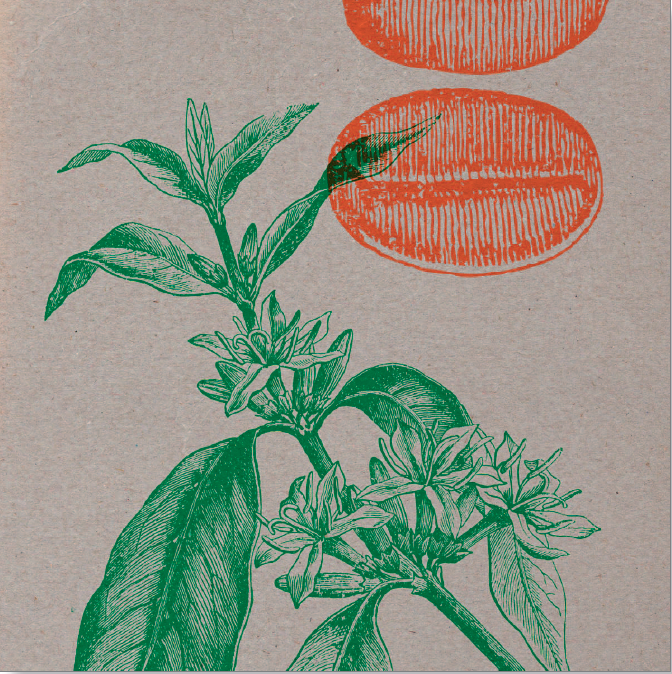
VOL.02 • Cacau
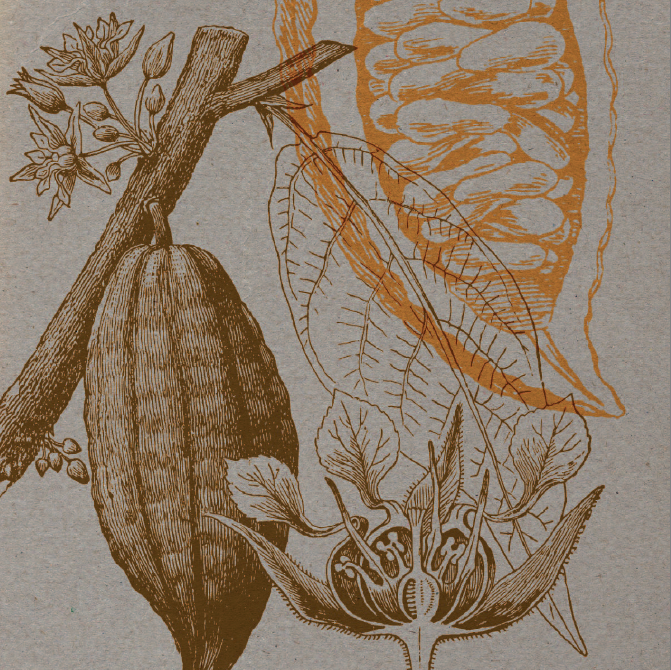

VOL.03 • Sugarcane
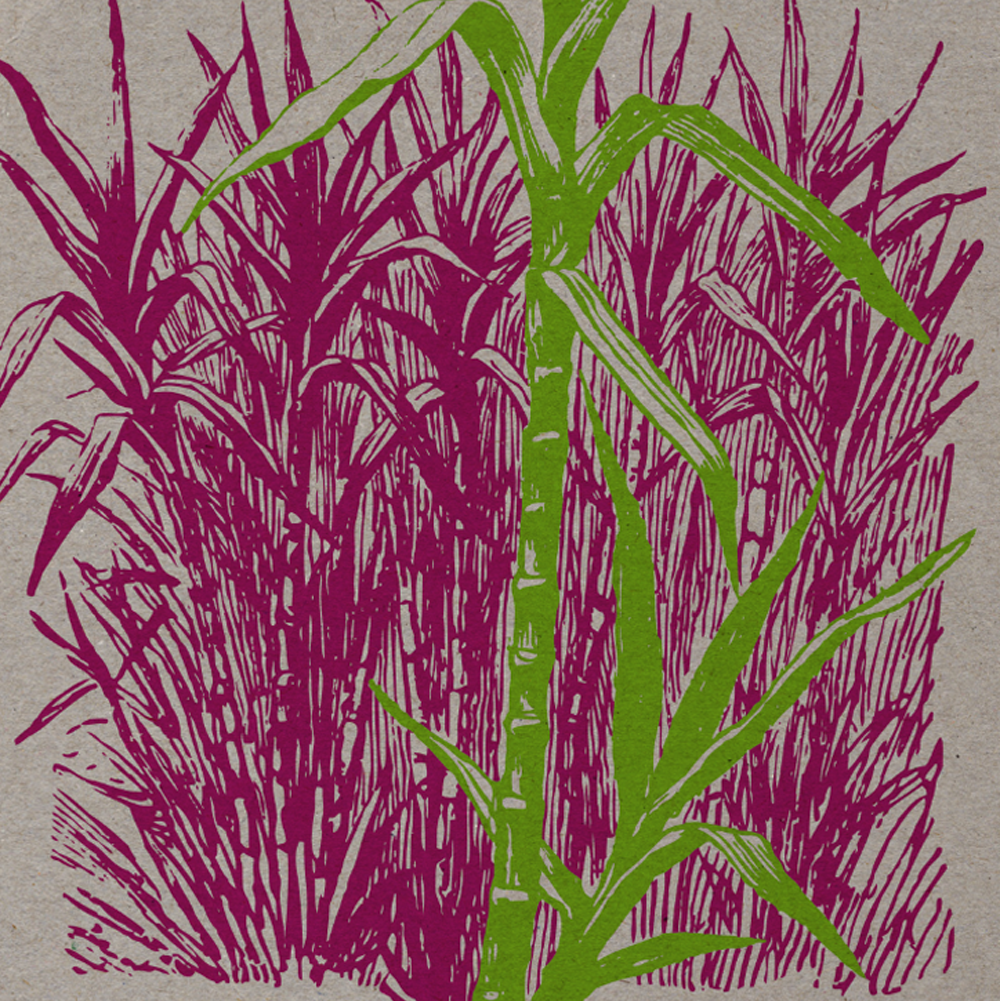
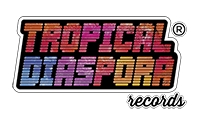
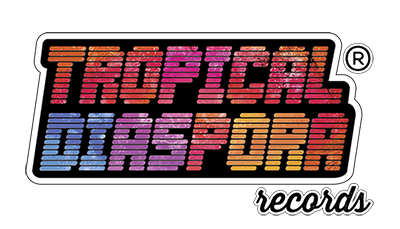
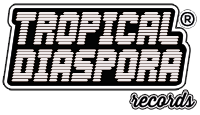

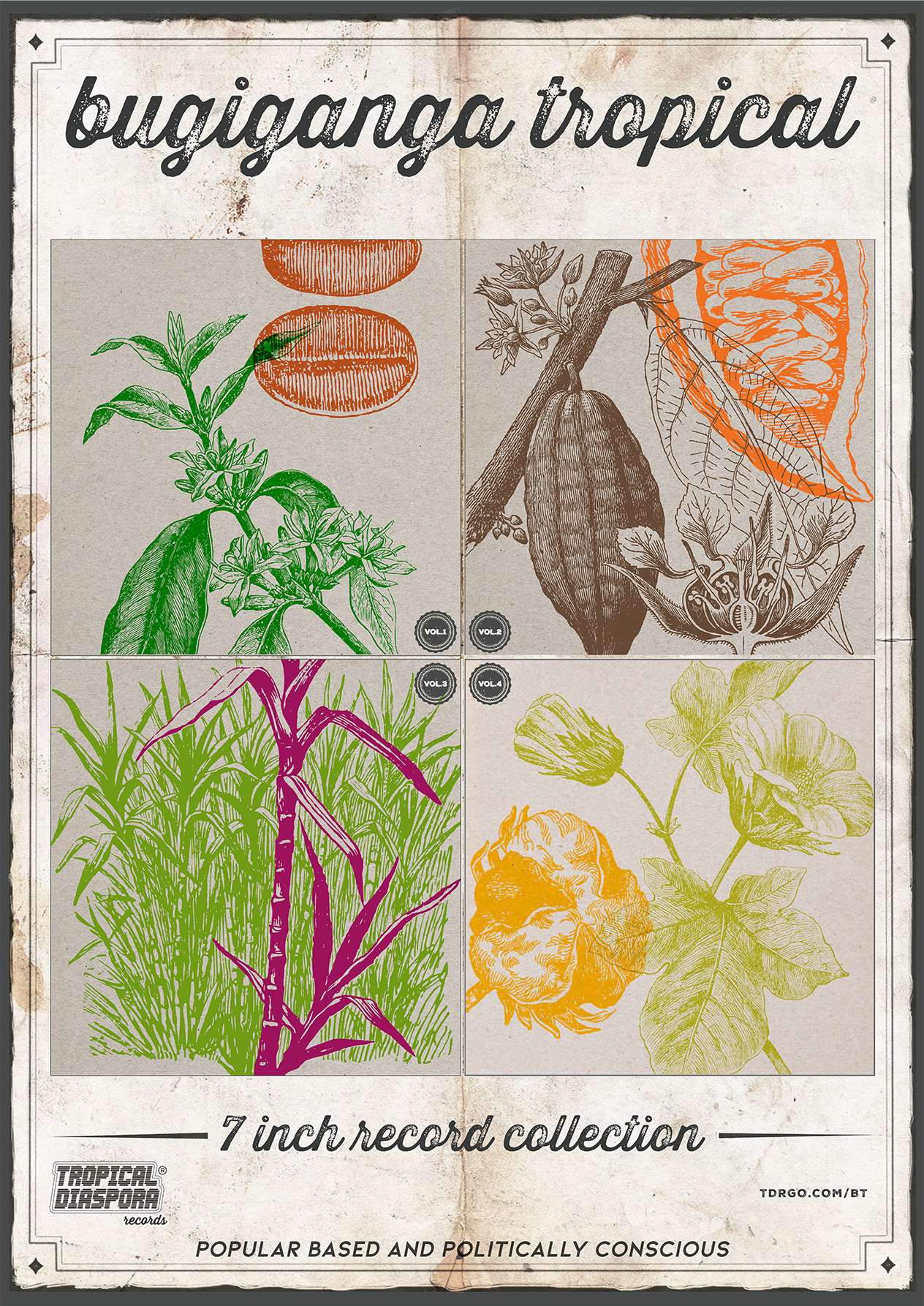
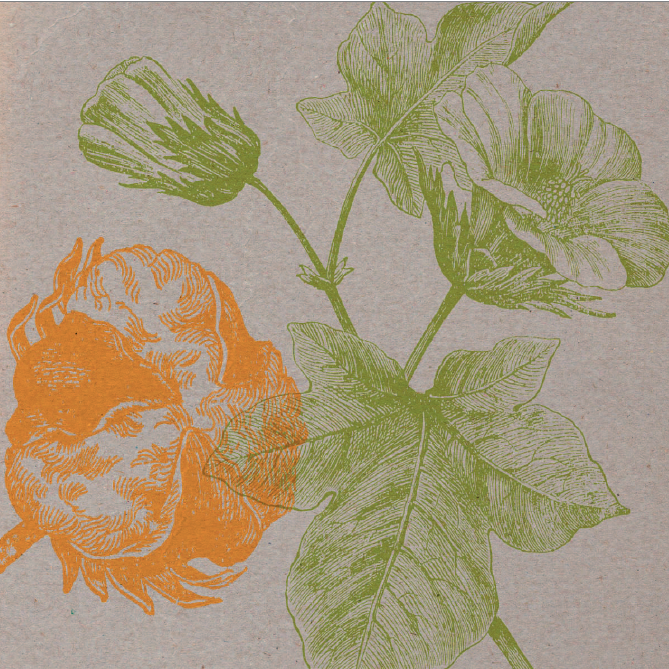
Social